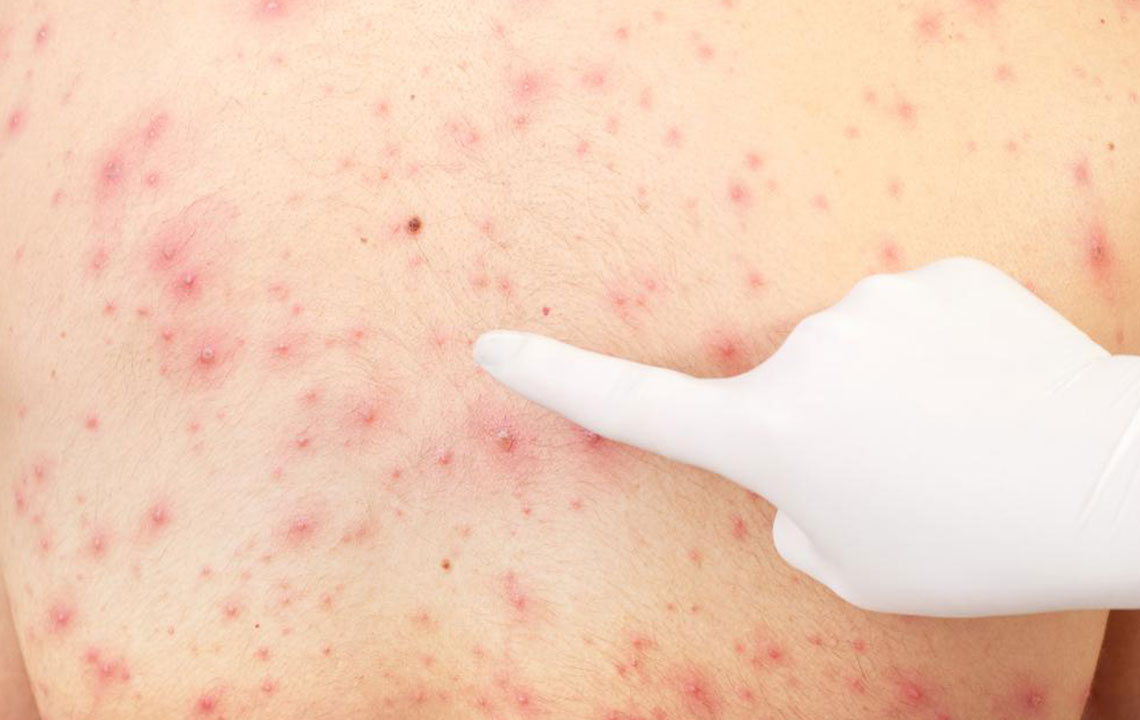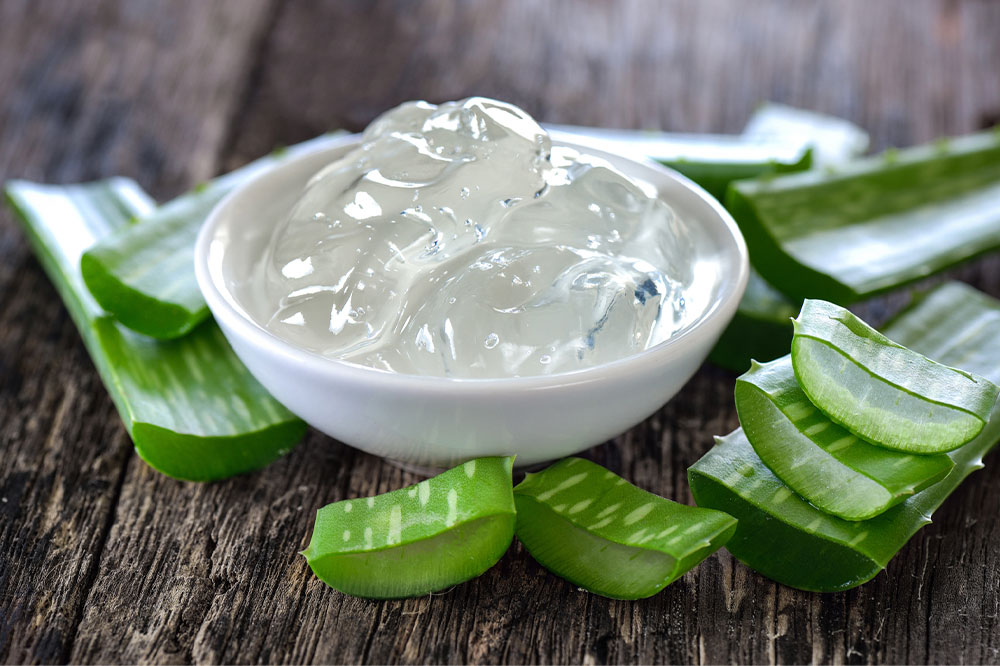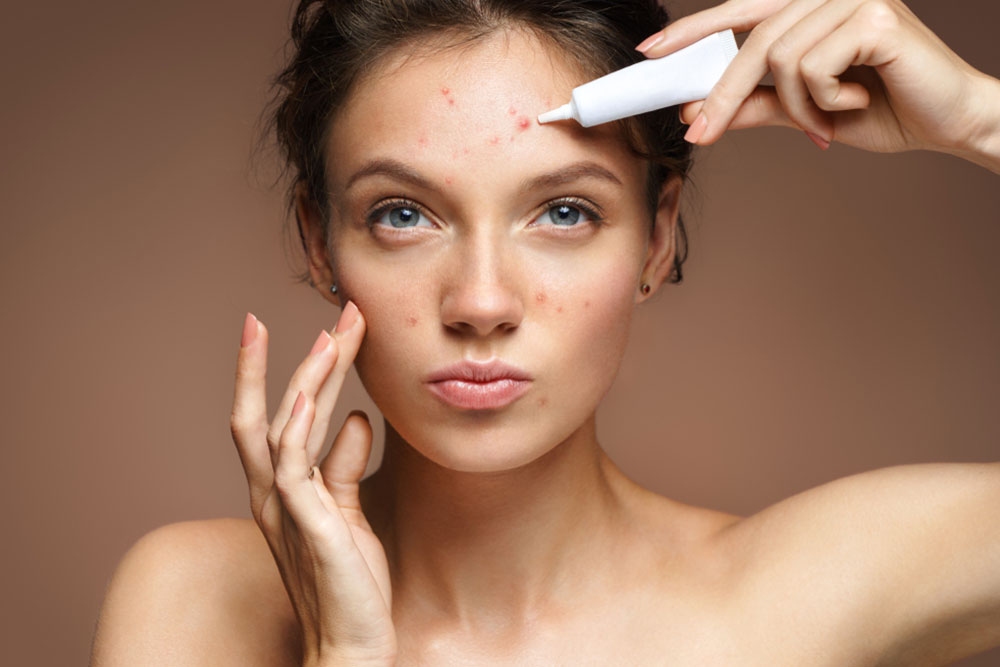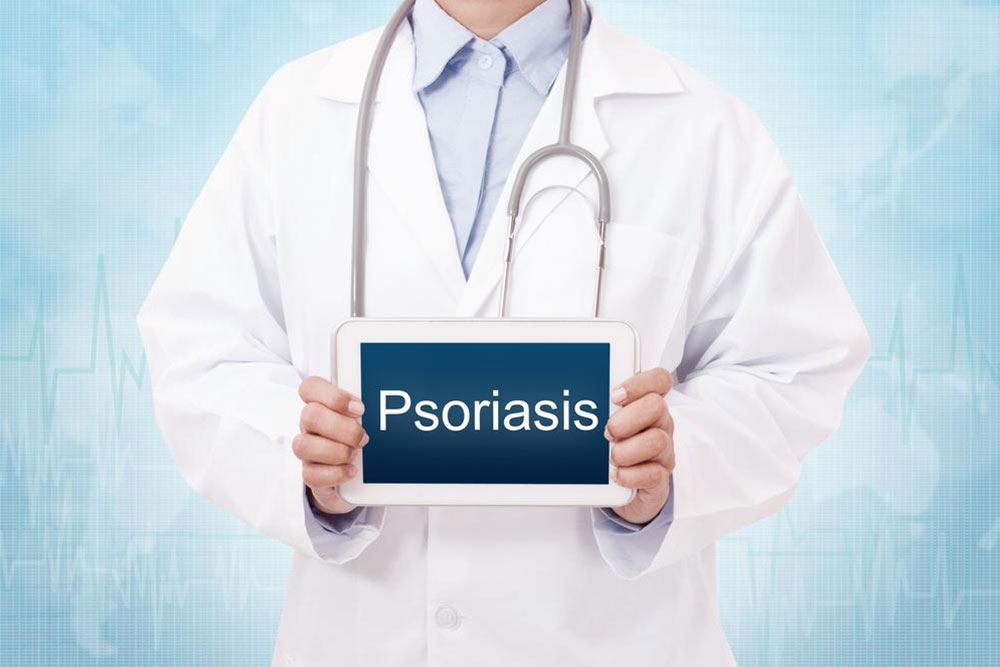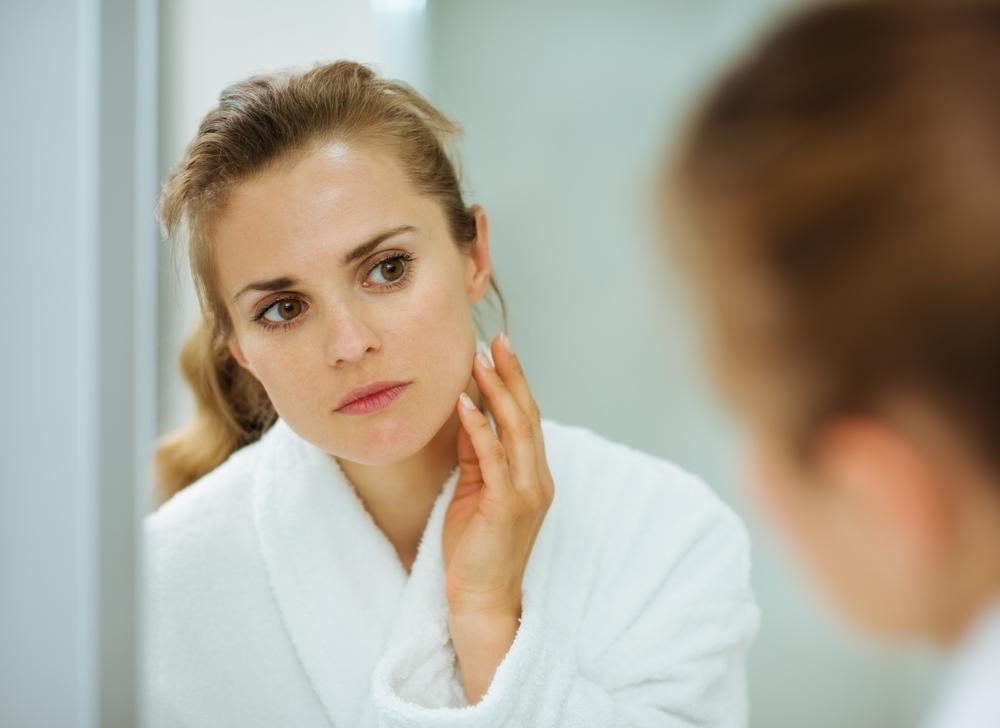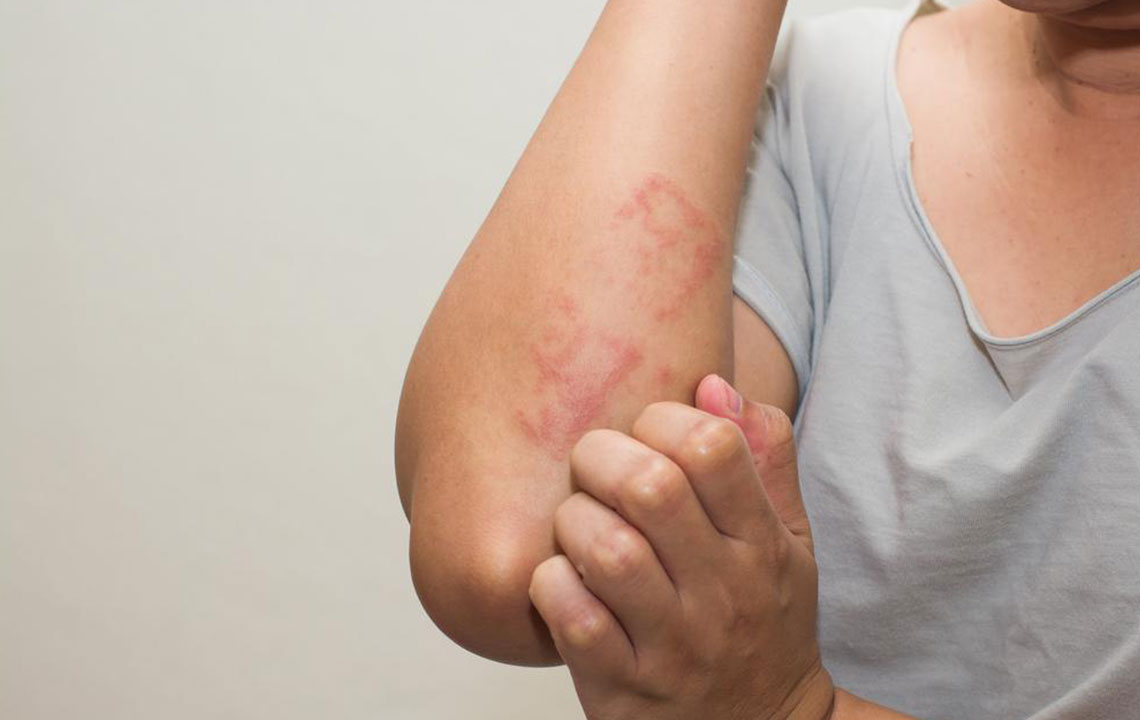Common Causes and Treatments for Itchy Skin Rashes
This article covers common causes and treatments for itchy skin rashes, including conditions like acne, sunburn, chickenpox, and psoriasis. It offers helpful tips on managing symptoms and when to seek medical care for persistent or severe rashes. Understanding these conditions can aid in effective treatment and relief, promoting healthier skin and overall well-being.

Common Causes and Treatments for Itchy Skin Rashes
As the body's outermost barrier, your skin endures constant exposure to environmental hazards such as chemicals, injuries, infections, UV radiation, and physical irritation. Stress and physical activity further stress the skin, leaving it vulnerable to damage.
Skin rashes often appear as redness, swelling, bumps, or scaling, accompanied by burning or itching sensations. These reactions can stem from various medical conditions or external factors.
Some rashes manifest suddenly, while others develop gradually. Here are 12 frequent itchy skin rashes, their causes, and remedies.
Acne: Not just a teenage issue, acne can result from sweating, humidity, excess oil, stress, and diet. Proper hygiene and diet may not fully prevent it, and over-washing can worsen symptoms. Severe cases should be treated by a healthcare professional.
Sunburn: Overexposure to UV rays causes skin redness and pain. Protective measures like sunscreen, sunglasses, and hats are essential, even in winter, as melanin’s protective capacity varies among individuals.
Chickenpox: Caused by the varicella zoster virus, it produces itchy blisters, fever, and sore throat. Vaccination is available and can prevent severe disease. Treatment includes fever reducers, topical creams, and cold compresses for discomfort.
Rubella: Also known as German measles, it causes a red rash spreading from the face to the entire body, alongside symptoms like fever and swollen glands. Vaccination is recommended, especially for women during pregnancy, due to risks of birth defects.
Athlete’s Foot: A fungal infection commonly affecting people who use gyms or communal showers. It begins between toes and can spread to nails and soles. Over-the-counter antifungal creams are effective treatments.
Hidradenitis Suppurativa: A rare condition causing painful boils and abscesses in areas like armpits and groin. It often goes undiagnosed and can cause significant discomfort, sometimes mistaken for other skin issues.
Hives: Sudden, itchy, pink swellings that can appear anywhere, often due to allergic reactions. Antihistamines are effective remedies, and identifying triggers is crucial to prevent recurrence.
Psoriasis: An autoimmune disorder causing dry, scaly patches and plaques on the skin. It may also lead to joint pain. Treatments include topical agents, phototherapy, and systemic medications.
Groin Rash: A fungal infection causing redness and itching in the groin area. It’s uncomfortable but manageable with antifungal treatments.
Staph Infections: Caused by bacteria, these infections can lead to skin boils and abscesses if untreated. Proper hygiene and antibiotics are necessary for treatment.
Prickly Heat: Heat rash occurs from blocked sweat glands, resulting in red bumps and itching. Staying cool, dry, and wearing loose clothing helps manage it.
Rosacea: Typically affecting the face, it causes redness, visible blood vessels, and pimple-like bumps. The exact cause is unknown, but treatments reduce symptoms rather than cure.

